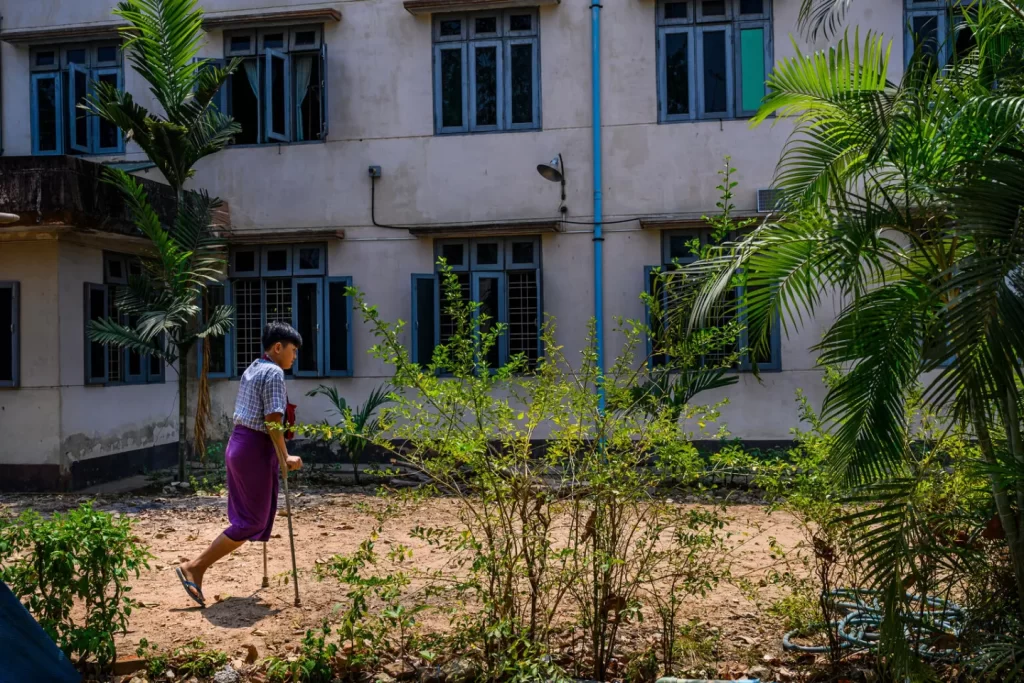
Lagos, April 4, 2024 – A new data released by UNICEF reveals an alarming increase in civilian casualties, including many children in Myanmar.
According to the data, the casualities are caused by the use of landmines and other explosive ordnance used by different parties in the escalating conflict in Myanmar.
It states that the Data, released by UNICEF on International Day of Mine Awareness and Assistance shows that there were 1,052 verified civilian casualties from landmine and explosive ordnance incidents during 2023 – nearly triple the 390 incidents recorded in 2022.
It added that over 20 per cent of the victims were children.
“The use of landmines is not only reprehensible but can constitute a violation of international humanitarian law,” said Debora Comini, UNICEF Regional Director for East Asia and the Pacific.
“It is imperative that all parties to the conflict prioritize the safety and well-being of civilians, particularly children, and take immediate steps to halt the use of these indiscriminate weapons.”
As the conflict in Myanmar has expanded in recent months, nearly all states and regions of the country, apart from the capital Naypyitaw, are now reported to have been contaminated by landmines.
Myanmar now ranks among the countries most heavily contaminated by landmines and explosive ordnance worldwide.
Children are particularly vulnerable to landmines as they are less likely to recognize them and may be unaware of their dangers.
The widespread deployment of weapons throughout the country means that children can encounter landmines practically anywhere, including near their homes, schools, playgrounds, and farming areas.
In Myanmar, landmines are being used indiscriminately by all sides of an intensifying conflict that has displaced more than 2.8 million people and left more than 18 million people in dire need of humanitarian aid.
In 2023, UNICEF reached 138,855 people, including children, across Myanmar with landmine or other explosive weapons prevention and survivor assistance interventions.
In 2024, UNICEF is appealing for US$208.3 million to provide life-saving assistance and critical services to 3.1 million children and families most affected by the ongoing crisis in Myanmar.

